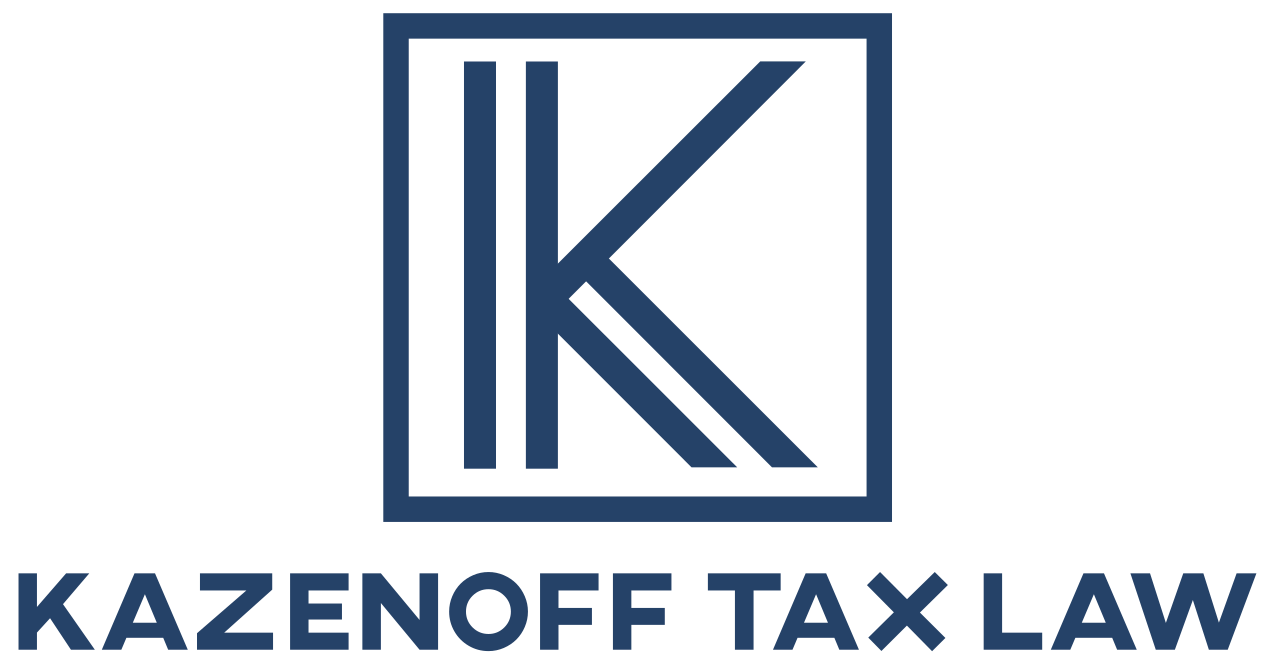Google as a tax investigative tool: Understand what the government might know about you
Before the pandemic, I had met with a New York State agent on a case I was handling and as I introduced myself to her she mentioned in a lighthearted way that she already knew all about me by "googling" me. To add to our "light" mood I asked if she knew what I had for breakfast! It was a good start to a very productive meeting. However, what was clearly evident was how government entities can get into your bones just by "googling" you on the internet. As a former government tax attorney, I know that there are many resources that can be used to get information about a taxpayer. I had a case once involving a taxpayer who submitted a financial statement that was signed "under penalties of perjury"; if memory serves me well, we pursued him for fraud because we found assets (e.g. a boat) that he did not disclose on the form. It is important for clients to understand the vast amount of information that is available to governmental entities just by searching you online as well as information available from the Secretary of State, D&B searches, the local County Clerk's office, etc.
I use the internet to conduct a search as if I were the investigative authority, to give the heads up to my clients what information can be found about them. Clients who have residency audits, income tax audits, etc. have to be made aware that there is a wealth of information accessible to the government regarding their background, their activities, etc. just by doing a Google search. In a residency audit, for example, it is easy to find out the taxpayer's activities as they relate to the state where they reside. They can find out simple things like their address, their phone number, articles written about them and information about businesses they are involved in. But they can also delve deeper, into their social activities if they were featured on their golf club's website or honored at a local event, purchases or sales of real estate featured in the real estate section, or of important art through similar publications. Since the taxpayer bears the burden of proof in such cases, it is important to see what a tax auditor might see, and to be able to address those various issues. Perhaps the information is old and no longer applicable to a client's current circumstances. To be successful in an examination is to be transparent and to act in good faith, that way there is fair dealing and trust. Even though something may exist on the internet, if it can be explained or placed in the proper context, it may not be as important or as relevant as an auditor might think. Unfortunately what happens in Vegas, doesn't always stay in Vegas. It never hurts to "google" yourself once in a while to see what the world sees about you.
